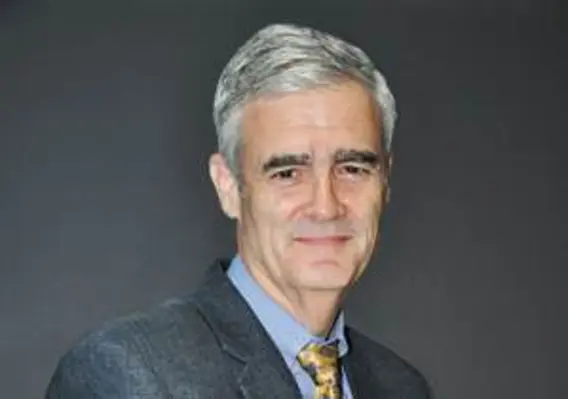Page 1 of 2Emerson Process Management is going from strength to strength in the Middle East, as companies seek to become more efficient in the downturn, says Mike Train, the companys president, global sales, in an exclusive interview for Oil Review Middle East
“The Middle East and Africa is a significant market for us, accounting for around 10-12 per cent of our global revenues, and we’ve been investing in the Middle East in a sustained fashion to get closer to customers and enhance our capabilities in the region,” says Train.
The process automation giant has recently tripled floor space and enhanced the manufacturing capabilities of its Jebel Ali facility. It now has manufacturing and service capabilities in the UAE, its main regional hub, as well as Saudi Arabia, and service centres in several other countries, including Qatar and Iraq.
“We are now producing a good part of our global delivery in the region, which cuts down time and supply chains,” Train adds. “We have a number of experts based in the Middle East, offering consultancy services and working with customers; this is a capability we’re trying to develop as well. So over the last 10 years we’ve really evolved our presence here.
Despite the downturn, Emerson’s Middle East oil and gas business has grown as operators are still investing with a long-term view, says Train. “But they’re clearly affected by the price drop, and are seeking to be more efficient.”
In the interview Train discusses growth areas for the company, recent project wins, the development of Emerson’s capabilities in areas such as pervasive sensing, and the benefits of automation.
The current environment is prompting people to take a step back and question old paradigms, Train comments. “We have been raising the discussion with industry around project certainty and better projects; how do we collectively reset the costs, get the schedule variances closer, become more efficient, eliminate duplication and unnecessary work? How can we automate processes to help us do things more efficiently? The low oil price might be with us for a long time - if that’s the case we’re going to have to find better ways of working. How do we get people to change, how do we get the leaders to lead the change? It’s helped us to shed some of our own paradigms too; we’re making changes to the way we work and streamlining our business units, in line with our customers.”








